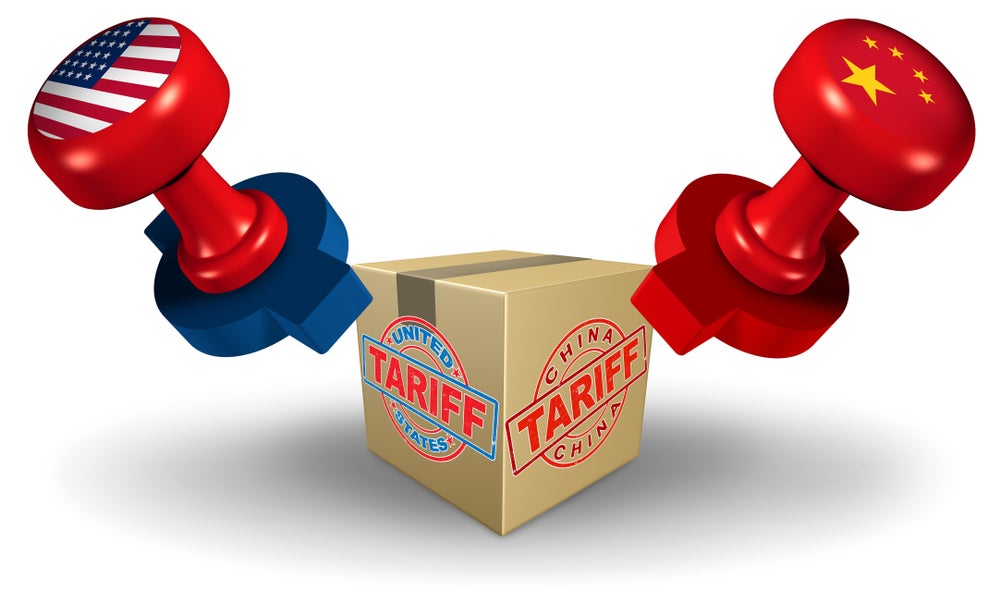The potential implementation of tariffs under a new Trump administration has raised significant concerns across various sectors.
US President-elect Donald Trump has advocated for a 60% tariff on Chinese imports and proposed a 10-20% tariff on goods from other regions worldwide. The US’ reliance on imported goods, particularly from China, has significant economic implications, especially in the technology sector. The semiconductor industry, which is at the heart of these technologies, may face substantial challenges that could reverberate through supply chains, affecting pricing, availability, and the strategic operations of carriers and OEMs.
Tariffs impact on the semiconductor and smartphone industries
Trump’s stance on the semiconductor industry remains a major concern. The industry, which has been characterised by a protectionist approach aimed at bolstering domestic production and curbing reliance on imports, relies heavily on international cooperation and trade, and Trump’s critical attitude on the 2022 CHIPS and Science Act poises the space for potential disruption.
Trump’s trade war with China could add further volatility to the US-Taiwan-China trifecta. Trump has suggested that Taiwan should pay the US more for its “security” to protect Taiwan from an impending attack by China. Trump’s transactional approach to foreign policy could lead to unpredictable shifts, especially with his intention to impose levies on Taiwanese chips, a significant move considering the global supply dominance of Taiwan Semiconductor Manufacturing Company (TSMC). Tariffs on foreign chipmakers could disrupt the supply chain balance for semiconductors. Such an action could result in elevated production expenses for products that use semiconductors such as smartphones, laptops, wearables, flash memory drives, cars, etc. It might also decelerate the rate of technological advancement. This is particularly concerning for artificial intelligence (AI).
Tariffs may slow AI innovation
Lenovo’s fiscal Q2 revenue witnessed a notable 24% year-over-year increase due to its AI-enabled PCs, a trend suggesting that AI will serve as a substantial catalyst for sales in the smartphone and consumer electronics sectors. But considering impending policy changes from the upcoming administration, TSMC has decided to halt sales of advanced AI chips to Chinese companies, which could prompt Chinese firms to stockpile critical components, as seen in previous sanctions.
This could result in even higher prices for semiconductors, which would, in turn, affect the cost of smartphones and chipsets that are integral to these devices, impacting companies like TSMC and Samsung.
How well do you really know your competitors?
Access the most comprehensive Company Profiles on the market, powered by GlobalData. Save hours of research. Gain competitive edge.

Thank you!
Your download email will arrive shortly
Not ready to buy yet? Download a free sample
We are confident about the unique quality of our Company Profiles. However, we want you to make the most beneficial decision for your business, so we offer a free sample that you can download by submitting the below form
By GlobalDataGeopolitical tensions could result in rising costs for consumers
Increased charges, coupled with geopolitical tensions, could force manufacturers to seek alternative sources at higher costs or face shortages.
Even though companies like Apple and Samsung are actively diversifying their device supply chains, matching the skill, innovation, and infrastructure available in China is not an easy task; furthermore, doing so will likely take decades.
If tariffs expand under the next administration, final costs for US consumers and businesses will only increase. This escalation in expenses will likely be passed on to consumers in some form such as higher retail prices for smartphones and other tech products that rely on chipsets.









Related Company Profiles
Lenovo Group Ltd
Taiwan Semiconductor Manufacturing Co Ltd
Samsung SDI Co Ltd
Apple Inc